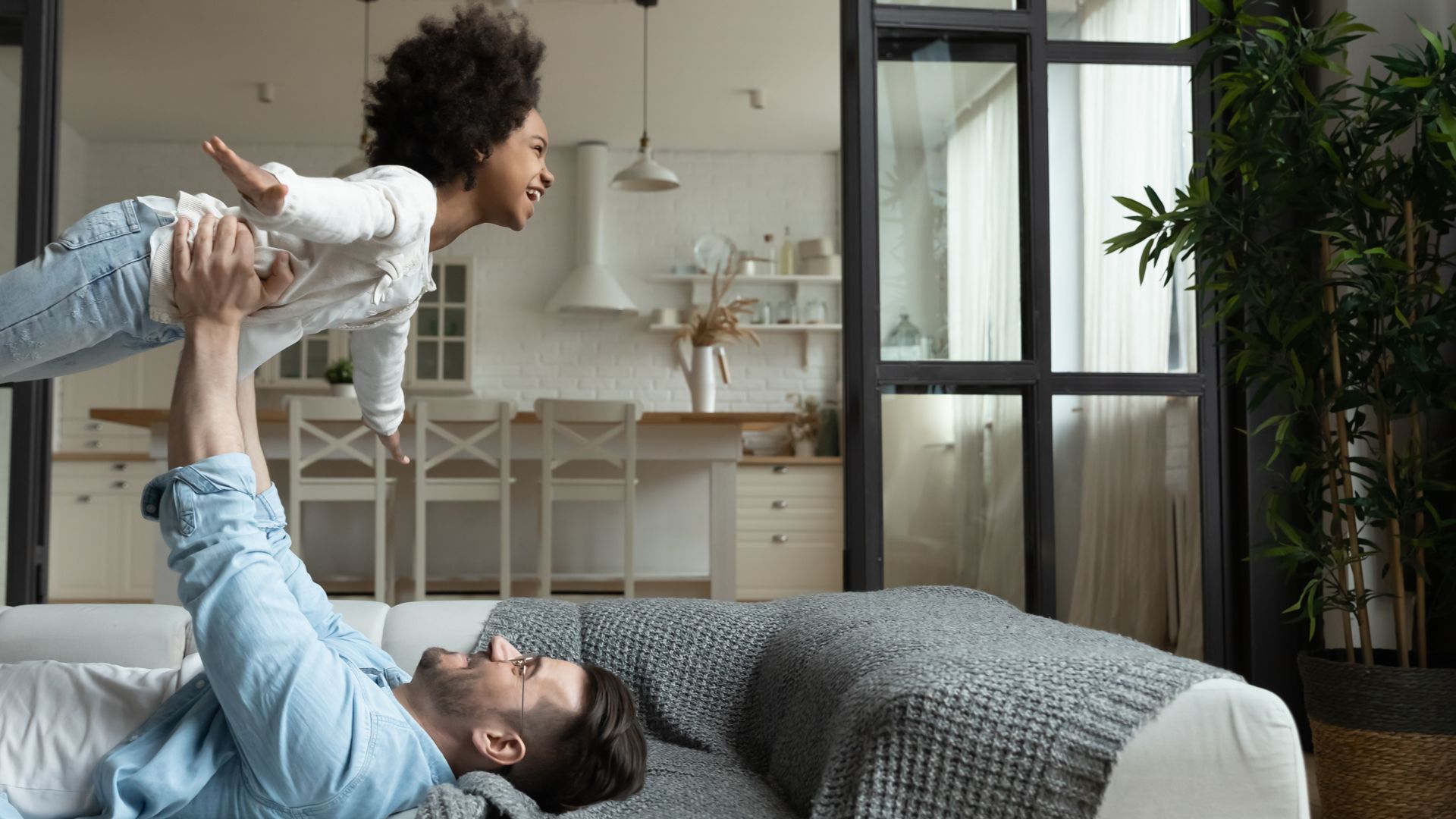Understanding What Can and Cannot be Flushed
Before delving into the specifics of why flushable wipes should not be thrown down your toilet, it's paramount to understand the broader topic: the importance of knowing what can and cannot be flushed. Contrary to popular belief, our toilets are not designed to handle everything we might want to dispose of. Improper use can lead to devastating effects on our plumbing systems and the larger municipal sewage infrastructure.
Things that you should avoid flushing down your toilet:
- Flushable Wipes
- Dental Floss
- Diapers
- Cotton Balls and Swabs
- Paper Towels and Tissues
- Feminine Hygiene Products
- Medications
- Pet Waste
- Cat Litter
- Food Grease or Oil
Being informed about what is safe to flush protects your home plumbing and contributes to the overall health of the environment and the efficiency of wastewater treatment processes. With that in mind, we will now explore why, despite their name, flushable wipes should be kept away from your toilet.
The Myth of "Flushable" Wipes
"Flushable" wipes, despite what they're often marketed as, aren't genuinely flushable. This misconception has led many homeowners to dispose of them via the toilet, believing they're safe and without consequences. However, contrary to this widespread belief, these wipes do not disintegrate in the same manner as toilet paper.
In reality, flushable wipes maintain their integrity for a long time, causing significant blockages in pipes and sewer lines. They can cling to the insides of the pipes, accumulate, and ultimately form substantial clogs. This can result in serious plumbing troubles, costly repairs, and even environmental damage when these blockages affect the broader sewage infrastructure.
Tips for preventing damage from flushable wipes:
- Avoid Flushing Them: The most straightforward and effective measure to protect your plumbing is simply to avoid flushing flushable wipes down the toilet. Consider purchasing a designated trash receptacle (a diaper pail works great for this!) should you want to continue using them.
- Educate Household Members: Make sure everyone in your household knows the dangers flushable wipes pose to your plumbing system.
- Check Labeling: Always read packaging labels carefully. If a product is not clearly marked as safe for sewer and septic systems, it should not be flushed.
- Consider Alternatives: If you prefer the convenience of wipes, consider switching to a genuinely flushable alternative, such as bidet attachments for your toilet.
Signs Your Sewer Line Is Clogged
While prevention is the best strategy to avoid plumbing issues, problems can sometimes arise. Knowing the signs of a problem can help you identify a sewer line blockage early, helping prevent more severe damage.
Below are some common symptoms that indicate your sewer line might be clogged:
- Frequent Drainage Backups and Blockages: If your toilets, sinks, or bathtubs are frequently backing up or draining slowly, this could be a sign of a sewer line clog.
- Unusual Noises from the Plumbing System: Gurgling sounds coming from your drains or toilets could indicate a problem in the sewer line.
- Foul Odors: Smelling sewer gas in or around your house is a definite sign of a problem in the sewer line.
- Pools of Water in your Yard: Unexplained pools of water in your yard could be sewage leaking from a blocked or damaged sewer line.
- Lush Green Patches of Grass: Sewage acts as fertilizer for plants, so if you notice lush patches of grass in your yard, it could be due to a sewage leak.
While DIY methods are available to address these issues, they often do not provide a long-term solution and might even exacerbate the problem. To ensure that the problem is accurately diagnosed and correctly fixed, your first step should always be to contact a professional plumbing service.
Our experienced team at Reliable Home Comfort is well-versed in handling such issues. We provide prompt, efficient, and long-lasting solutions to ensure your home plumbing system works perfectly and your peace of mind is preserved.
Sewer problems? Contact us today to discuss your repair options.

